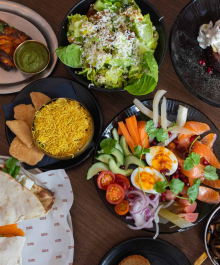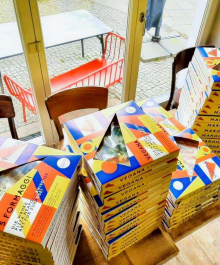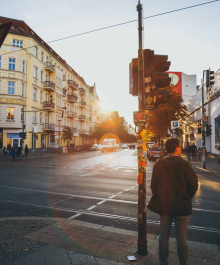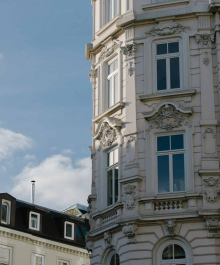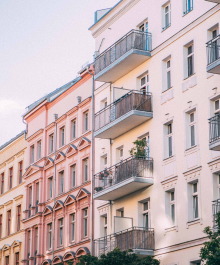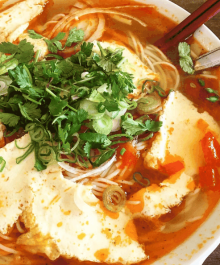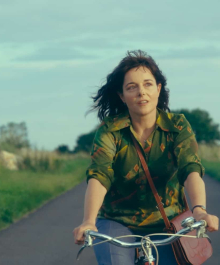
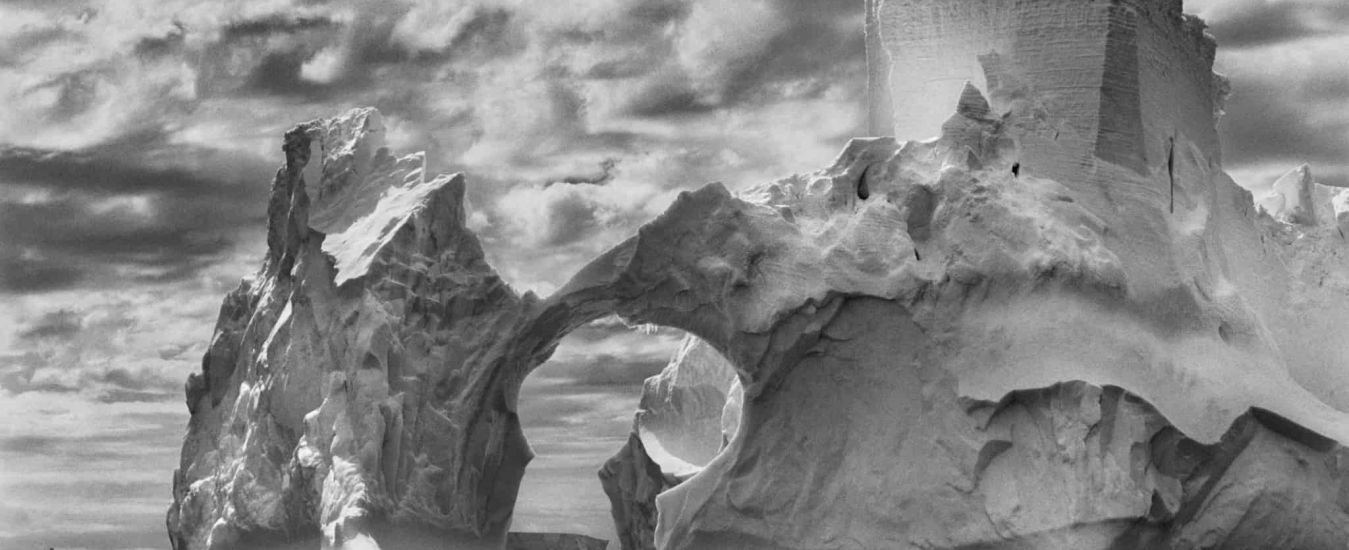
“We are a savage animal” – Sebastião Salgado comes to Berlin and talks about Genesis
By Sarah Luisa Santos . April 13, 2015
I first came to know the name Sebastião Salgado through my sociology teacher at Uni. At the time, I was touched by the images of Exodos, one of the many works of this Brazilian-born photographer, who has dedicated most of his life to social documentary photography, a trade that he mastered as an autodidact, between the many trips he made due his job as an administrative officer at the International Coffee Organization, London. That was back in the ’70s, and of course, Salgado soon left his high profile job and an Economy PhD behind to follow his biggest calling: photography.
And now, to my great delight, the exhibition Genesis by Sebastião Salgado will open at C/O Berlin on the 17th of April.
Slightly different from his previous work, picturing immigrants in exodus, Genesis will focus on the most valuable belonging we have: the Earth.
For this, Salgado made 32 expeditions around the globe and divided the resultant work into five spheres: Planet South, including the Galapagos Islands, Antarctic and the South Atlantic, Sanctuaries, with isolated zones such as Madagascar, Sumatra and West-Papua, Africa within the areas of Okavango River and Sudan, Nothern Spaces at the Arctic Circle, the Kamchatka Peninsula and also mountains of Alaska, and finally Amazonia, through the course of the Amazon, Negro and Juruá Rivers, as well as the Zo’é People in the jungles of Brazil.
Salgado masters once again the tough task of showing what most of us are unable to see: this raw, yet vibrant ecosphere we all live in.
Through his lens, we can experience how the whales migrate to the South Atlantic, see portraits of the inhabitants of the Mentawai Islands, as well as the Korowai tribe, and even witness the drama within the lacerated mountain masses of Alaska and the people entombed in ice, with their sledges, dogs and tents.
Though Sebastião Salgado is deeply interested in people, the “salt of the earth” as he declares in the documentary about his life, Salt of The Earth (directed by highly acclaimed German director Wim Wenders in collaboration with Salgado’s son, Juliano Ribeiro Salgado), this time the photographer took away his traditional focus and turned himself more to the so-called nature morte, also capturing the animal and plant world.
But, the main questions are still there: who are we here in this planet? What are we doing to the earth, to the humankind? How is this earth?
“We are a savage animal. The humans are a terrible animal.” Sebastião Salgado in Salt of the Earth.
With such strong questions, Salgado still manages to bring us beautiful images with delicate shades of grey, together with sharp contrasts between light and dark areas – his distinct hallmark.
Genesis exhibition opens on 17th of April, with free admission on the opening night.
The following day, on the 18th of April, there is a screening of Salt of the Earth, followed by a lecture with Sebastião Salgado and Hans Joachim Schnellnhuber, Director of Potsdam Institute for Climate Impact Research.
The event will take place at Place Delphi Filmpalast . Kantstraße 12a . 10623 Berlin
Tickets Kombi-ticket (screening and talk) 20 EUR . single ticket (talk) 15 EUR
Tickets are available online and at C/O Berlin.
http://www.co-berlin.org/tickets
Images: Image.net and Sebastião Salgado / Amazonas images

